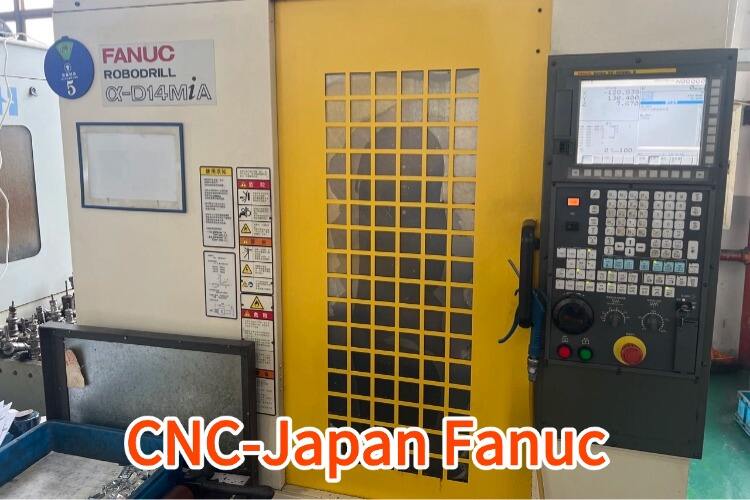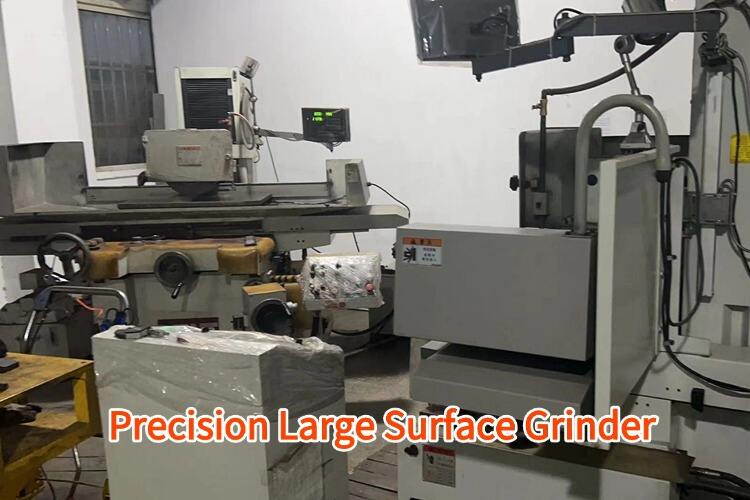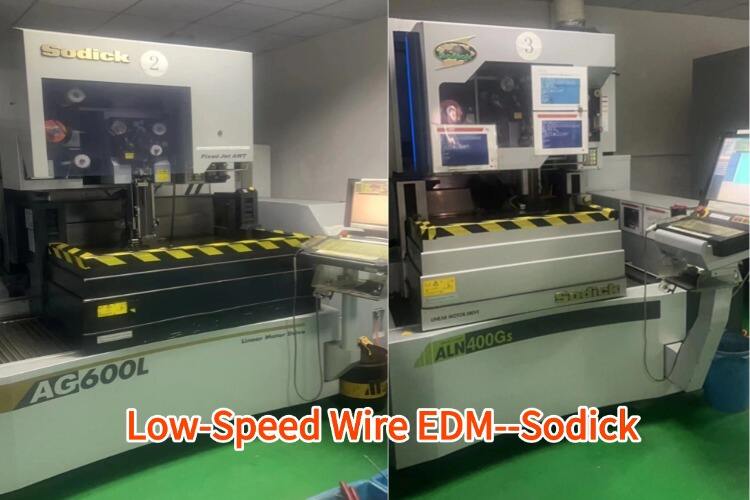laser surface finishing
Laser surface finishing represents a cutting-edge manufacturing process that utilizes precise laser technology to enhance the surface quality of various materials. This advanced technique employs focused laser beams to modify surface characteristics, achieving superior smoothness, hardness, and aesthetic appeal. The process works by selectively melting and redistributing material on the surface layer, effectively eliminating irregularities and creating a uniform finish. The technology offers exceptional control over surface properties, allowing for customized finishing results based on specific requirements. In industrial applications, laser surface finishing has become increasingly vital for sectors such as aerospace, automotive manufacturing, medical device production, and precision engineering. The process can be applied to a wide range of materials, including metals, ceramics, and certain polymers, making it highly versatile. Unlike traditional finishing methods, laser surface finishing requires no physical contact with the workpiece, eliminating the risk of mechanical stress and material deformation. The precision of laser technology enables the treatment of complex geometries and hard-to-reach areas, while maintaining consistent quality across the entire surface. This method also supports automation and integration with existing manufacturing processes, contributing to improved production efficiency and reliability.


